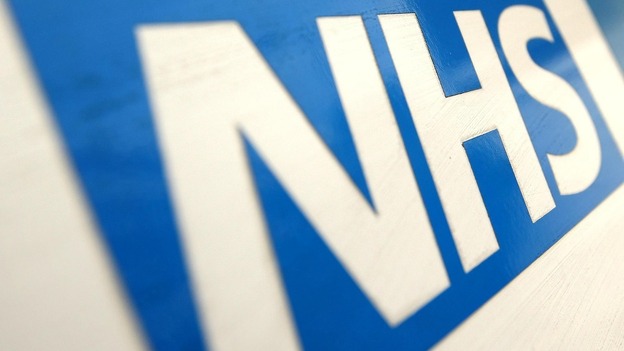How Negligent Is Our NHS?
The National Health Service is a British emblem, and one of the great badges of our history. A world leading pioneer in social welfare, the NHS was perhaps the most innovative political idea of the twentieth century. However, it hasn’t come without its controversy of course and with the institution paying out a record total of £1.2 billion in medical negligence bills last year, the credentials of the NHS have once again been called into question.
A Matter of Negligence
The word‘negligence’ in connotation to our public health service assumes a variety of forms.
Firstly, there is negligence from the people in charge of financially supporting the institution themselves. The government has slashed NHS funding over the last few years due to the recently harsh economic realities. The rise in medical negligence compensation bills, which resulted in the total reaching £1.2 billion between 2011 and 2012, was £139 million. It should come as no surprise that this rise coincided with NHS funding cuts as negligence starts at the top.
Tight funding results in the lack of sufficient improvement in conditions, an inadequacy of facilities and resources, and shortage of staffs. Furthermore, staffs may find themselves to be demotivated with less pay, causing themselves to be negligent.
This doesn’t however fully excuse those NHS staffs guilty of neglect. Hospital staffs are effectively guardians over our health and this is a role of great responsibility. A job in which people place their health and even life on one’s performance should never be financially motivated in the first place for a shortage of pay to have any psychological impact. The only reasonably justifiable excuse for negligence based on NHS funding cuts, is that of disconcertment caused by impractical working conditions. Even then, one must find the strength to overcome such mental ineptitude.
Are We to Blame the NHS?
One must then ask whether the matter of negligence is a critical matter for the NHS. Considering the NHS medical negligence bills total, one would have to answer in the affirmative. This is backed by figures showing the sum of these bills to have risen by £1.1 billion since 1997, with the total then being just £1 million. Clinical negligence solicitors will tell you that the matter is getting worse and these claims are backed sufficiently by the numbers.
The only other possible conclusion based on these figures, asserts that the increase in medical negligence bills is mainly down to a greater tendency for claims to be put forward. While we have always known our rights to seek compensation in light of mistreatment, a higher standard of medical excellence has arguably been achieved within the last 10to 15 years. This it can be said, has led to claims being put forward on matters that would have seemed minor back in 1997.
That may certainly be the case, but the sheer vastness in the gap between the total medical negligence bills last year, in comparison to that of 1997 indicates greater factors coming into play.
One must therefore ask whether perfect healthcare can ever exist anyway. Human errors, including those born out of negligence have always and will always occur. This is, due to the nature of man, the case in all aspects of society. Human errors can however be kept to a minimum, and were they to be so, we wouldn’t be faced with a total bill of £1.2 billion.
Some would argue that an ideal close to medical perfection – or exemplary health standards at the very least – isn’t compatible with the NHS. However, the low medical negligence totals before the turn of the millennium, suggest this isn’t a substantial case. What can be argued is that such an ideal isn’t compatible with the NHS in times of financial disparity. A rigid and depressed economic state cannot bear a fully efficient NHS. For our public health service to thrive, we must be able to pump the necessary money into it. It is akin to attempting to train a wrestler for a heavyweight championship bout without feeding the brute sufficiently. The answer however doesn’t lie in getting rid of the NHS – that would be preposterous and only result in a financially struggling population being unable to pay their medical costs. Rather we must simply learn from this lesson and do our best to ensure we do not experience such self-imposed economic depression again. After all, the financial climate we find ourselves in is the consequence of negligence also. Negligence starts at the top.
Note: Better training may be a solution to any trends in medical negligence. Improvements in training however, aren’t straightforward and usually require a change in what is being taught or those who are responsible for teaching it. An analysis must nevertheless be conducted into the staff training procedures and their effects.
Tahar Rajab is a young British writer. He was educated at Queen Mary College, University of London where he obtained an Honours Bachelors Degree in History in 2011.




Comments